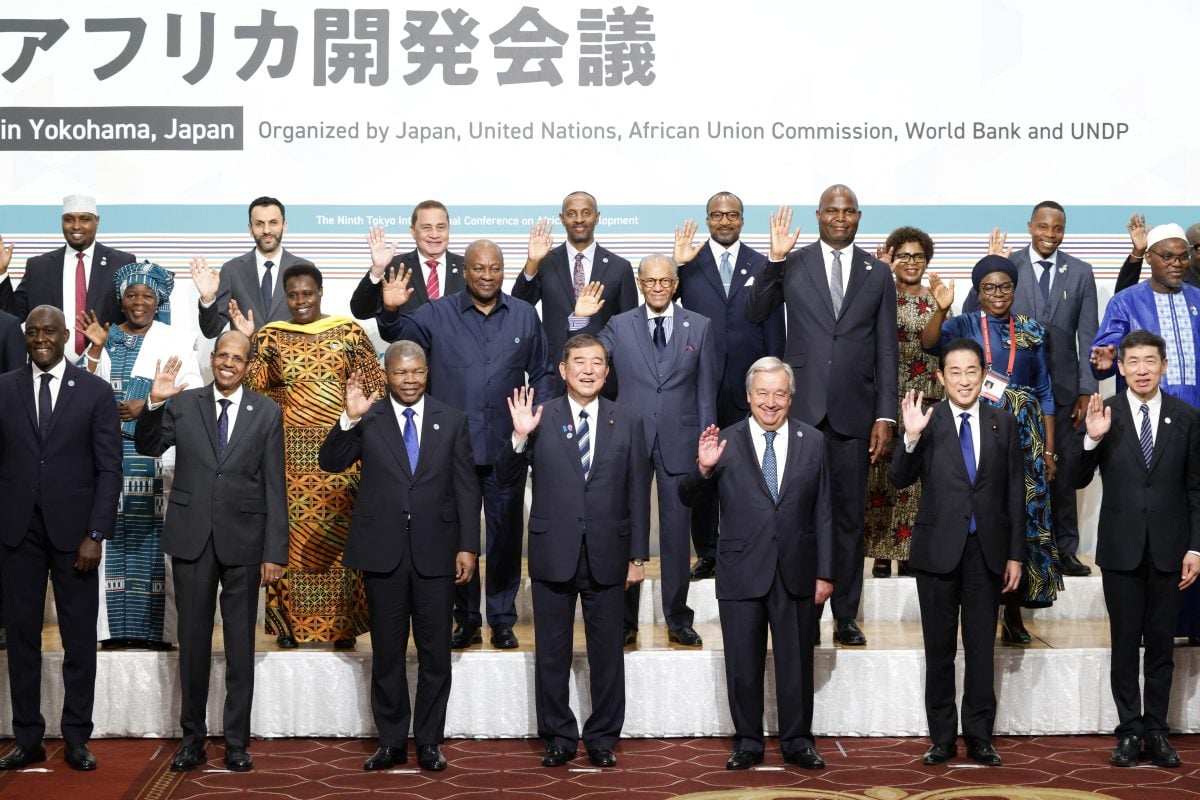TICAD 9, the latest edition of the three-yearly gathering of Japanese and African leaders, wrapped up in Yokohama today.
Compared to previous years, the summit produced few headlines around Japanese government aid to Africa. There was no repeat of Japan’s pledge at the previous TICAD to provide $30bn in additional aid.
Instead, Haoliang Xu, acting administrator of the UN Development Programme, tells African Business that the summit featured a greater focus on solutions involving the private sector.
“There’s a decline of ODA [official development assistance],” he says, referencing the abolition of USAID and cuts to European aid budgets. “In any case, ODA is not going to be the solution. So, I think we have to really work together to create solutions.”
Xu adds that TICAD featured discussions “more serious than in the past” around catalysing Japanese private sector investment in Africa. He adds there is still work to do to overcome the traditional risk aversion of Japanese investors, however.
Ankit Khandelwal, Mitsubishi UFJ Financial Group’s (MUFG) head of Africa for sovereigns, development finance institutions and blended finance, says the “two key themes” of this year’s TICAD were “to support private sector, to drive growth; and to support regional connectivity, to support trade”.
“I think this is the first conference, certainly the first TICAD conference, where there was not a single meeting or important panel where the words ‘blended finance’ were not used. It’s clearly a big, big focus, and reflects the realities and availability of concessional financing.”
Arguably the most eye-catching announcement was a plan to provide $5.5bn in loans through the African Development Bank to support priorities such as infrastructure development.
Focus on trade corridors
Japanese financial institutions, several of which rank among the world’s largest, played a prominent role at TICAD. MUFG signed three memorandums of understanding (MoUs) at the summit with the African Trade & Investment Development Insurance, Africa Finance Corporation and Turkish energy company Çalık Enerji.
Japanese Prime Minister Shigeru Ishiba (pictured above with African leaders) launched the “Economic Region Initiative”, which is intended to foster trade and investment across what he described as the “Indian Ocean-Africa” region.
Connected to this, Ishiba also announced a new partnership with Mozambique, Malawi and Zambia on developing the Nacala Corridor, a key route for mineral and other commodity exports from Africa to Japan and the rest of Asia.
MUFG’s Khandelwal says that Japanese sources of capital, including banks, institutional investors and corporates, can still be persuaded to play a bigger role in investing in Africa.
“The money is definitely there, the requirement is definitely there,” he says. “Ultimately, the challenge is to help de-risk investments to allow much greater volumes of capital to flow into Africa.”
Want to continue reading? Subscribe today.
You've read all your free articles for this month! Subscribe now to enjoy full access to our content.
Digital Monthly
£8.00 / month
Receive full unlimited access to our articles, opinions, podcasts and more.
Digital Yearly
£70.00 / year
Our best value offer - save £26 and gain access to all of our digital content for an entire year!

 Sign in with Google
Sign in with Google 



